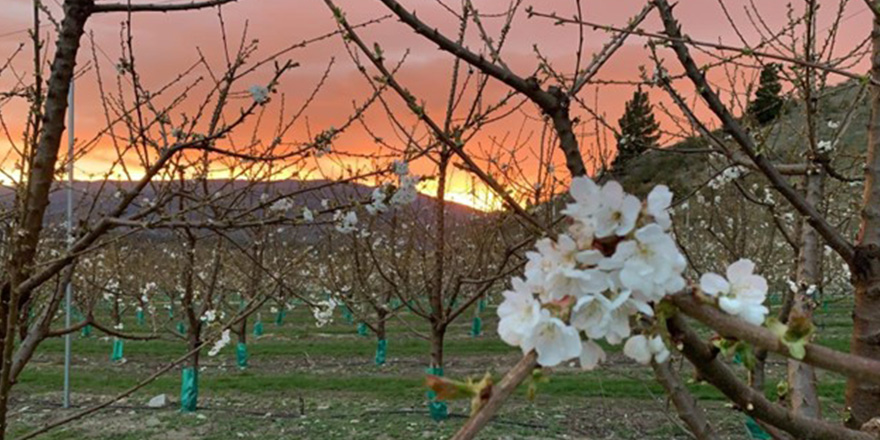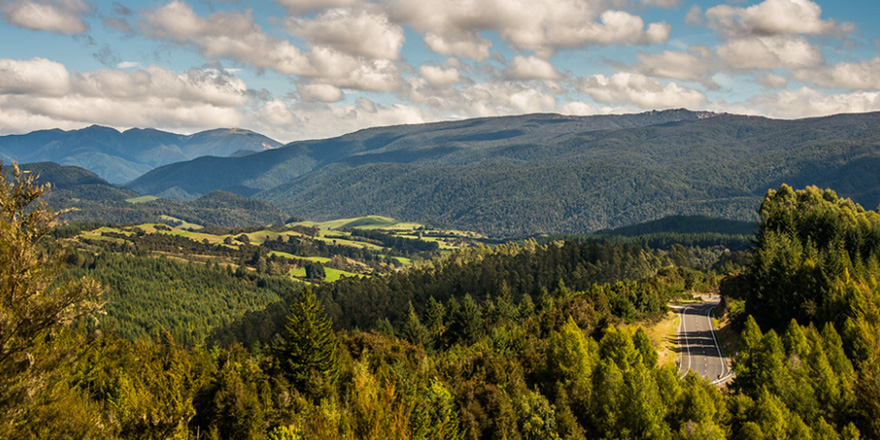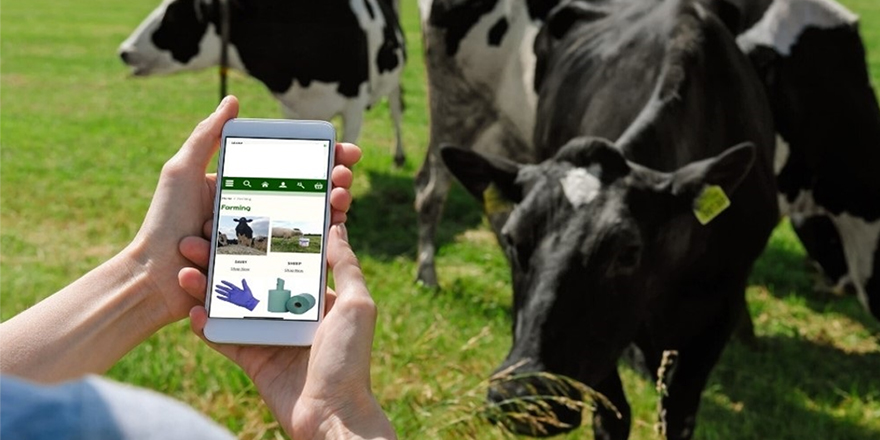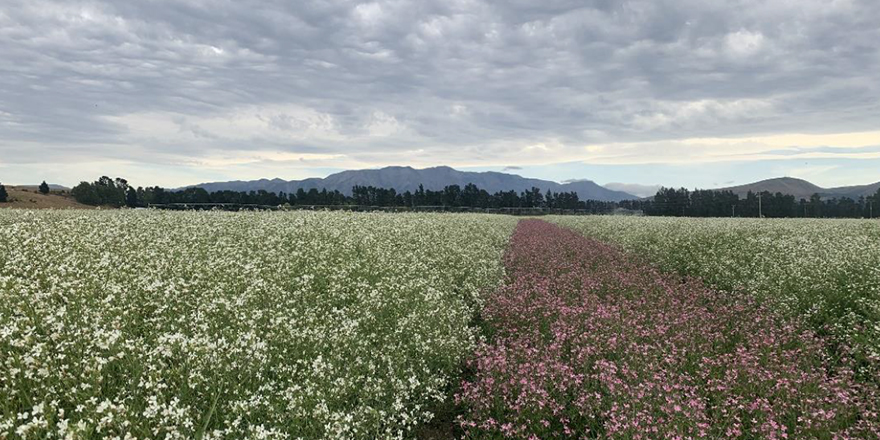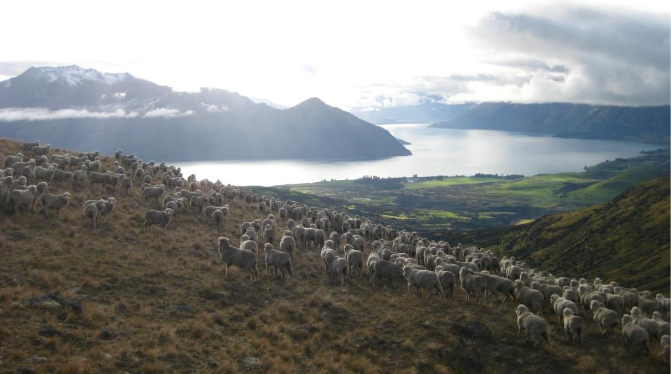
Executive Summary
Farmers face adversity from a range of sources, many of which are outside their control and include: health; natural disasters, weather, and climate challenges; financial; family; and personal loss.
There are established and establishing systems, strategies, support networks, and techniques for recovering quickly from this adversity, or being ‘resilient’. However these tools don’t appear to be conveyed in the form of a simple ‘all-encompassing resilience focused’ model specifically for farmers. Such a model could be utilised by farmers when facing adversity to ask themselves, their family, and their business; “am I, or are we, living and implementing the key strategies and techniques both as an individual and as a team of individuals that we need to be resilient in the face of this adversity”. Be that a flood, an earthquake, a cancer diagnosis, or a commodity price fall.
As a farmer I’ve experienced adversity from a life threatening brain injury which saw me in a coma and suffer a cardiac arrest. Day one in hospital my family was given a prognosis that their husband, dad, and son would be dead today; best case he’d survive but spend the rest of his life in an institution. I obviously did survive, however the following six years saw me undergo many major surgeries and spend considerable time in hospital.
From this experience and my recovery I’ve been told I’m a resilient character and have been asked to give several talks to farmers on my experience and how I became resilient. This has been a humbling and surprising experience for the feedback I’ve had, however this is just one farmer’s thoughts and I wanted to test my theories.
To achieve this I’ve done the Kellogg course and this research project. Resilience literature in farming concentrates on climatic and financial resilience. Due to the apparent lack of a theoretical model for ‘personal resilience’ for farmers within the literature, I’ve taken a grounded theory (Strauss & Corbin 1994) approach to this research through the form of instrumental case studies (Stake, 1998).
The focus has been on developing a theory for how farmers become resilient and thrive in the face of adversity. I have had the privilege of interviewing five resilient New Zealand farming individuals and couples about adversity they’ve faced and how they’ve become resilient. From these interviews there have been strong commonalities across these five case study participants for how they’ve become resilient. The theoretical model developed through the grounded theory research process can best be described in the form of a three level triangle comprising three primary strategies the case study participants have employed to become more resilient (Figure 6):
- Purpose – this is the direction the participants are moving in their lives and why. This is the direction of the triangle;
- The middle of the triangle is keeping connected. This is the glue that holds the triangle together. This is keeping connected with other people; friends, family, and networks. These connections are the people in our lives who often buoy us up and encourage us to achieve, to rise above and have courage when going through adversity; and
- The base of the triangle is keeping well. This is ‘what do I need in my life to be well’, or to be happy and content. This is the foundation for resilience.
Within each of these three common primary strategies there are various secondary techniques that two or more of the case study participants employ to thrive in the face of adversity. Furthermore there were six common characteristics across the five case study participants; driven people, high achievers, emotionally intelligent, unrelentingly positive, grateful, and humble.
My recommendation is the model developed from this research be refined into a format that can be delivered to farmers across New Zealand; ideally by other farmers who have faced severe adversity and have thrived in the face of this adversity and become resilient. How these resilient farmers ‘live’ the model and their stories will facilitate communicating the model to other farmers.
Download and read the full report here

